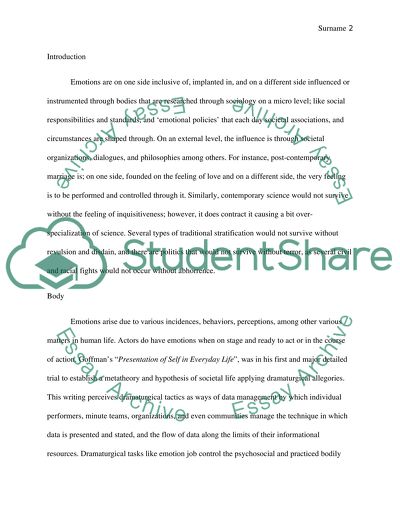Cite this document
(“Sociology of Emotions Essay Example | Topics and Well Written Essays - 2000 words”, n.d.)
Retrieved from https://studentshare.org/sociology/1491366-sociology-of-emotions
Retrieved from https://studentshare.org/sociology/1491366-sociology-of-emotions
(Sociology of Emotions Essay Example | Topics and Well Written Essays - 2000 Words)
https://studentshare.org/sociology/1491366-sociology-of-emotions.
https://studentshare.org/sociology/1491366-sociology-of-emotions.
“Sociology of Emotions Essay Example | Topics and Well Written Essays - 2000 Words”, n.d. https://studentshare.org/sociology/1491366-sociology-of-emotions.


